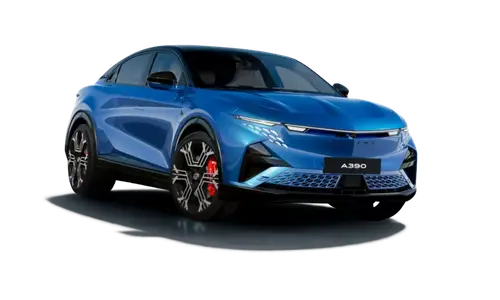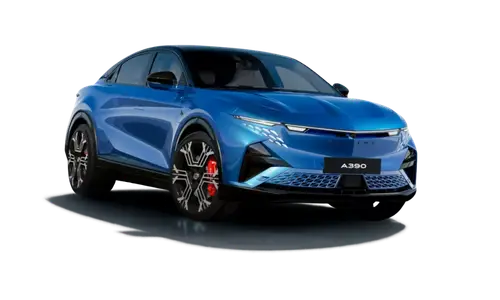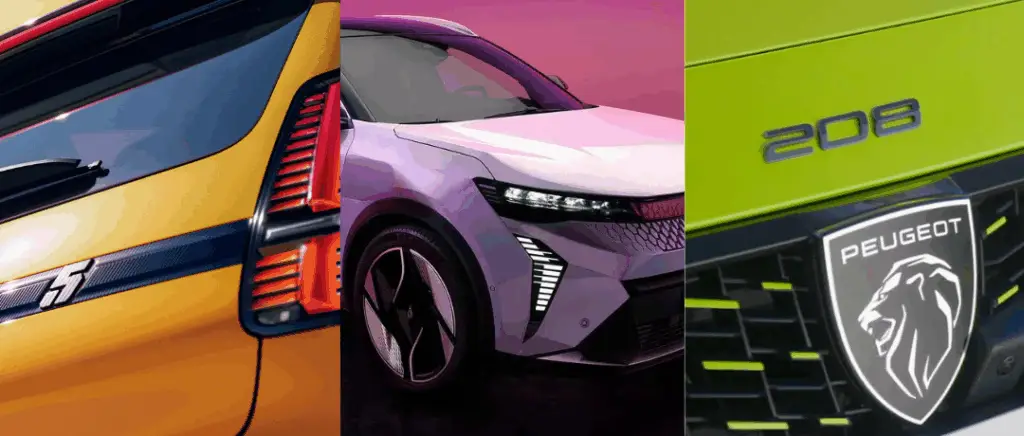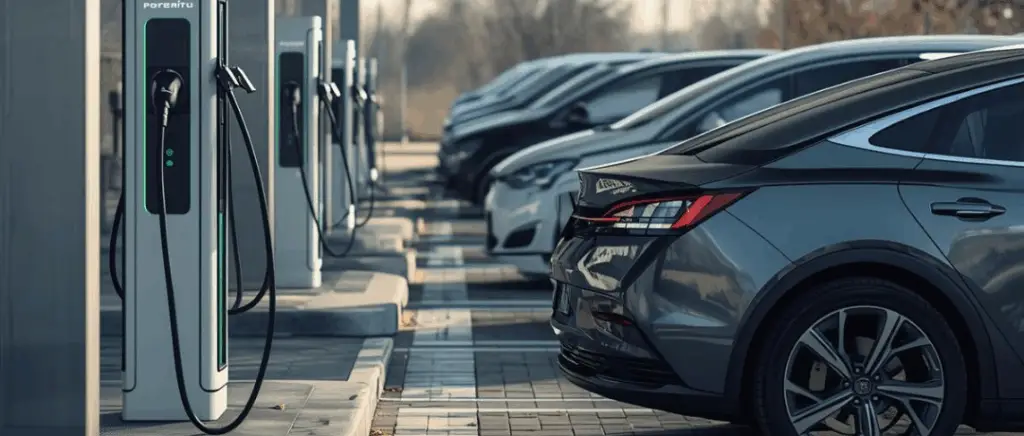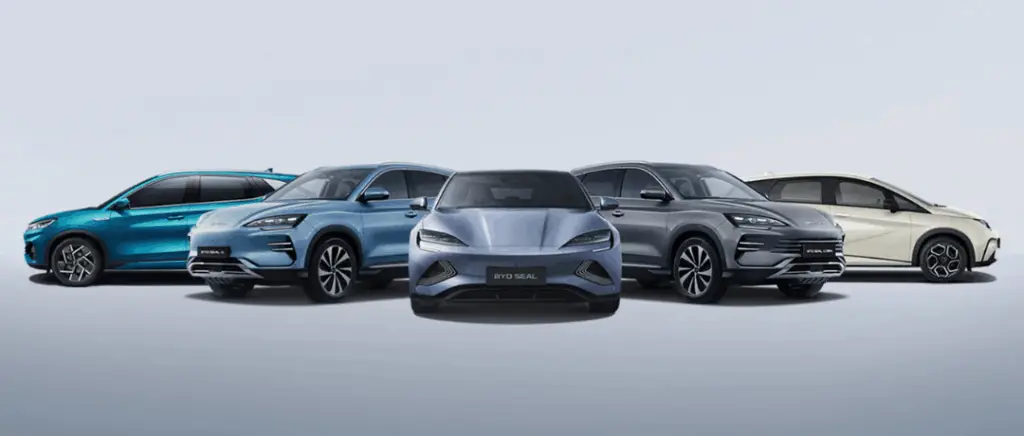Our experts answer your questions with a smile
Monday to Friday 9am - 12.30pm - 2pm - 7pm
ADEME's recommendations for electric cars
To ensure the smooth deployment of electric vehicles efficient and respectful from an ecological and environmental point of view, theADEME gives us its recommendations on the subject.
The capacity of the battery an electric car
According to theADEME, "an electric car driven in France has a carbon impact 2 to 3 times lower than that of a similar internal combustion modelprovided its battery is of reasonable capacity (< 60 kWh)".
This means that the battery in an electric car has to keep a constant temperature. reasonable size to ensure that it remains acceptable from a climatic and economic point of view and that the vehicle retains its original appearance. ecological legitimacy. In addition, if the battery capacity is greater than 60 kWh, the environmental benefits of the electric car would no longer be guaranteed.
It should also be noted that thecarbon footprint of an electric vehicle is proportional to its weight. A battery that is too heavy would therefore result in a carbon impact logically more substantial. However, most recent electric vehicle models are equipped with increasingly high-capacity batteries, with the aim of offering the best possible performance. autonomy possible.
When choosing your electric vehicle model, the battery capacity is therefore a feature to be taken into account, depending on your needs.If you want to buy an electric car for use mainly in the city, for local journeys, there's no need to buy an electric vehicle with a super-powerful range. Instead, you can opt for an electric model with compact and lightwith a low-powered battery, like the Peugeot e-208the Renault Zoe E-Tech or the Dacia Spring.
Read also : Top 10 electric city cars
The accessibility of electric cars
A major challenge for the electric vehicles is to make them more accessibleby making electric cars accessible to all. The aim now is for manufacturers to offer models to suit all motorists, depending on their needs, habits and budget.
Thanks to the development and diversification of the electric mobility market, we're already seeing the emergence of a number of electric vehicle models at increasingly affordable prices, suited to tighter budgets.
Another point that will help greater accessibility in terms of electric mobility will concern the development of second-hand electric vehicles on the automotive market.In fact, the growth in the number of second-hand electric cars over the next few years will make it possible to diversify the purchase options and thus cater for a wider range of budgets and needs.
Read also : Should I buy a used electric car?
Beev offers multi-brand 100% electric vehicles at the best prices, as well as recharging solutions.
Recommendations for recharging stations
The power of charging stations
As in the case of electric vehicles and the problem of excessive battery capacity, the ever-increasing power of the charging stations is also a concern.
The greater the capacity of the electric car's battery, the longer it will take to recharge it. energy-intensive. The fact that an electric car can be fully recharged in just two minutes, the equivalent of a full tank of petrol for a combustion model, poses a serious problem in terms of energy availability.
In fact, recharging in such a short space of time, especially if it's a powerful battery, would require a lot of energy. excessive electrical powerparticularly harmful for the environment.
What's more, from an environmental point of view, it's also a good idea to choose opportune moment to recharge your electric vehicle in order to reduce its carbon impact.So it's better to favour refills nocturnal or on the lunchtime to make the most of thelow-carbon electricity andavoid over-consumption from the electricity grid during the day.
The development of recharging stations
As well as making electric cars accessible to as many people as possible, we also need to speed up the roll-out of charging points in France. Although we have seen an increase in the number of charging stations in France in recent years, it is vital to continue this expansion.
The aim is to give electric car drivers peace of mind when it comes to recharging their electric vehicle. They need to be spared the possible mental burden that the absence or lack of recharging points could represent on each of their journeys.
What's more, we need to encourage the deployment of charging points both at home, for private individuals, and in businesses, for professionals.
Read also : Electric vehicle fleet: the complete guide
Would you like to install a recharging point?
On the other hand, it will also be necessary to review its vision of mobility and to accept that the electric car does not work and will never work like a conventional car. thermal vehiclespecifically in terms of recharging and autonomy.
What's more, this is not the objective of electromobility. Recharging an electric car will always take much longer than filling up with petrol in two minutes for a combustion-powered car. So the challenge is to encourage awareness motorists on this subject, while inviting them to rethink their uses and their behaviour. relationship to time.
In conclusion
The correlation between battery capacity and theautonomy of the electric vehicle raises the question of the priorities to be taken into account. Given thenegative impact of a battery that's too heavy, with an inordinate capacity, it's a question of whether ever greater power is really necessary in terms of the battery.
On the other hand, the ever-increasing quest for greater autonomy in electric cars, both by motorists and by the manufacturers themselves, tends to favour this constant increase in capacity.
But should the focus be on performance and the autonomous dimension of the electric car? Or should we retain a certain frugality in terms of battery power, in favour of the energy sobriety ?
We hope that this issue will be considered for future electric car models to be launched on the market..

















